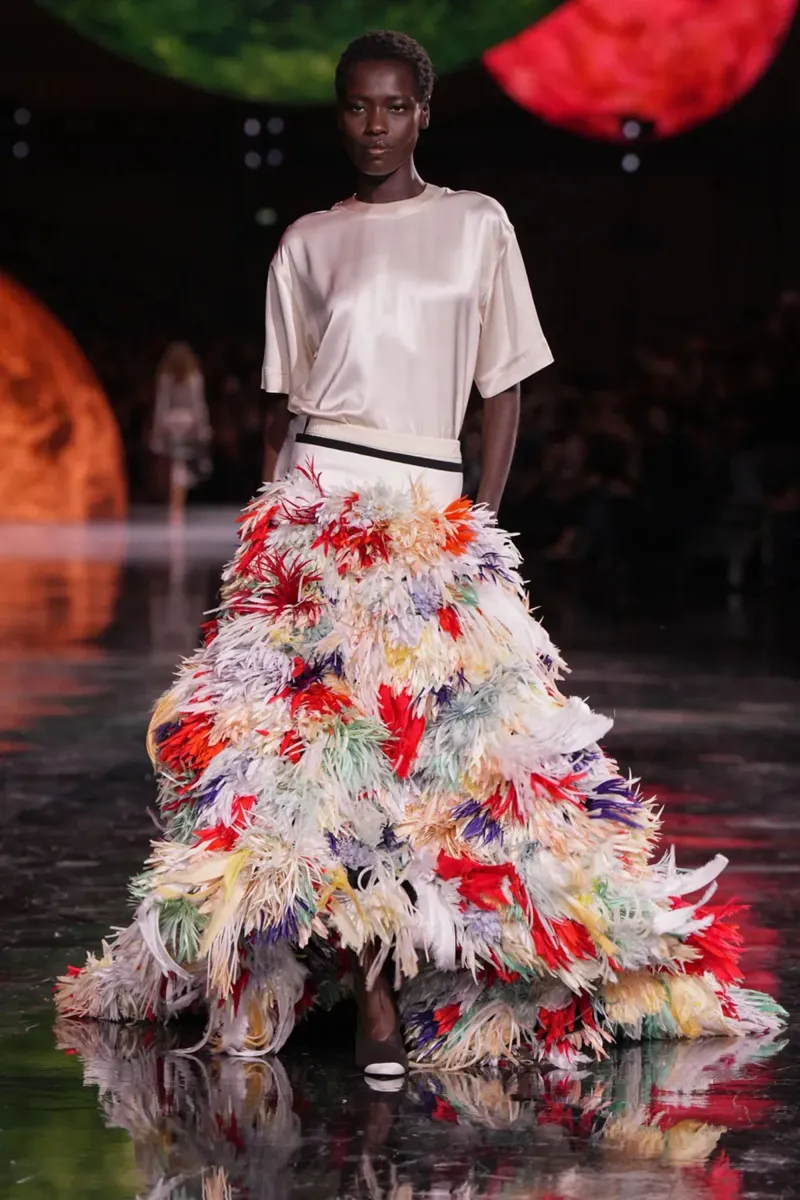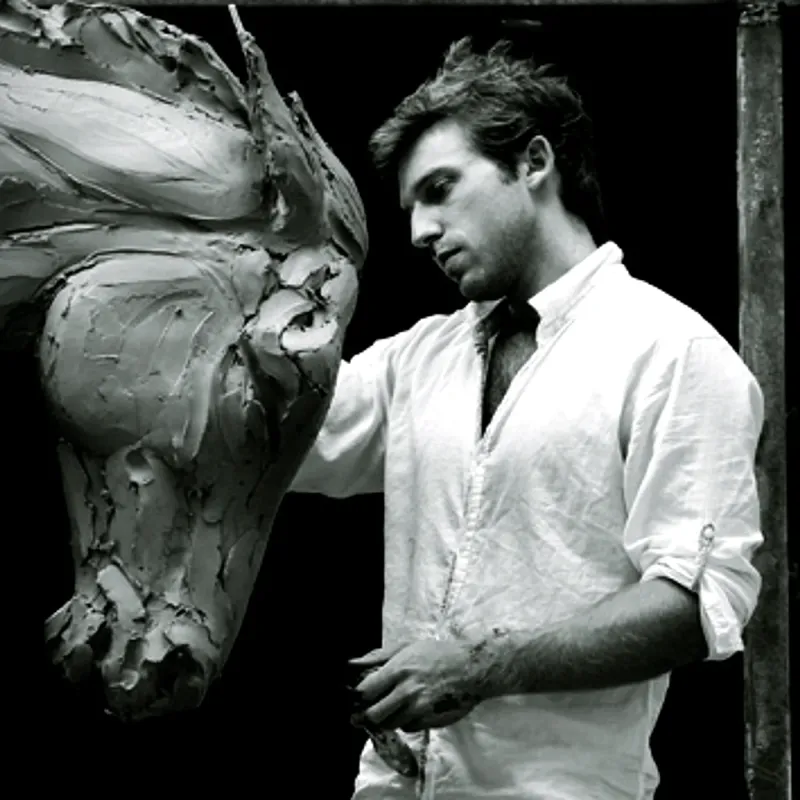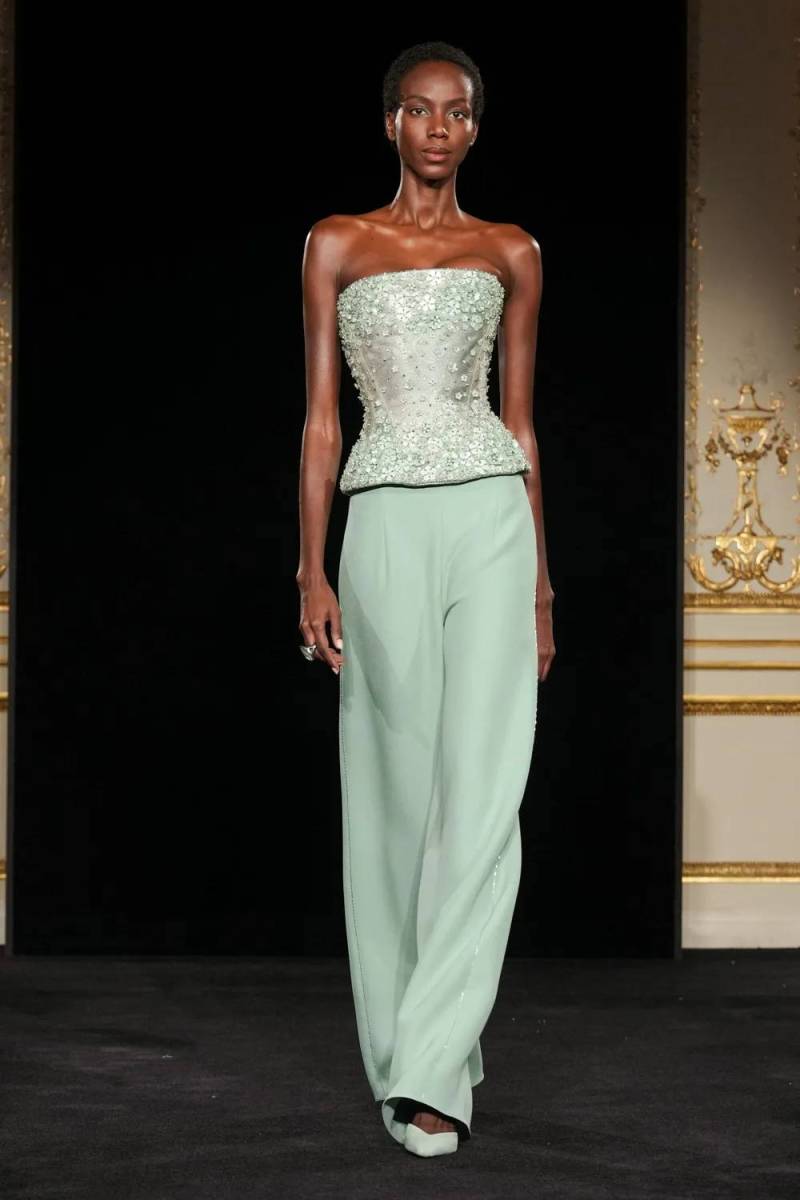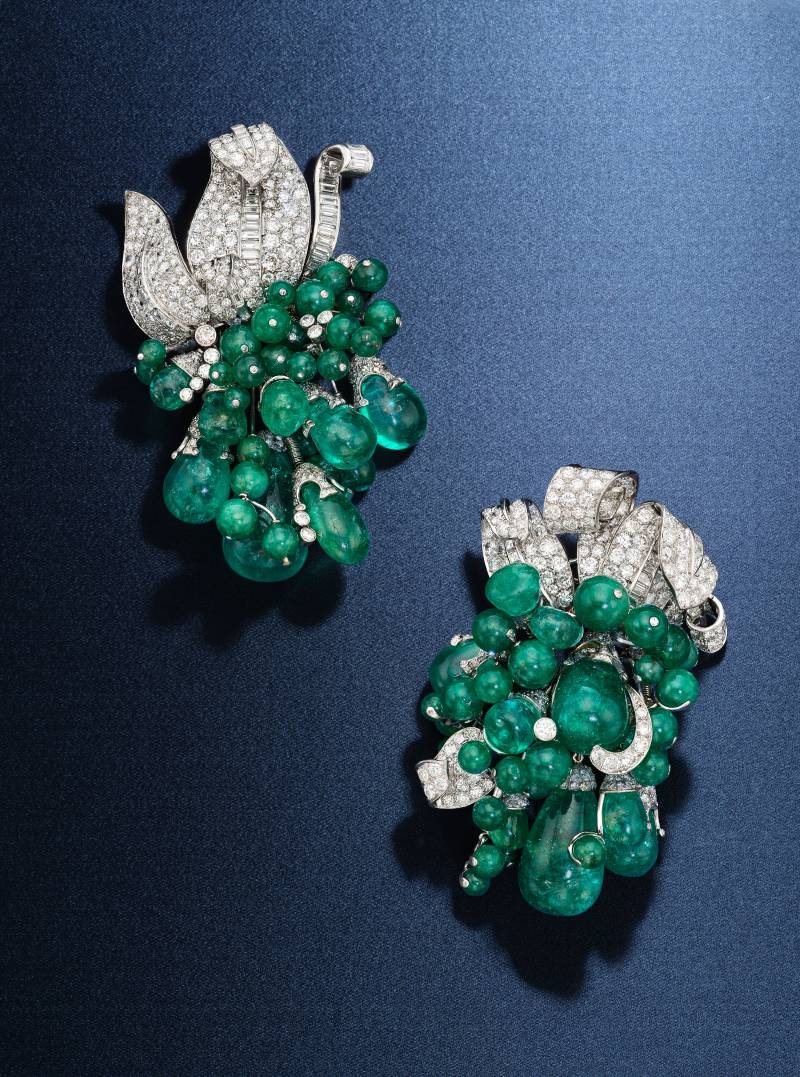Over the weekend, a peculiar image of Pope Francis set the internet alight. Widely circulated on social media, the picture shows the 86-year-old pontiff dressed in a chunky longline white puffer coat, cinched at the waist and seemingly layered with other winter weather streetwear. It appeared to be a drastic departure from the typical regalia — robes, stoles and tall, pointed miter hats — often worn in the papal household. The outfit prompted a torrent of tongue-in-cheek questions online: Did the Pope have a new stylist? Has he always had a stylist? Was the look inspired by the backing dancers at Rihanna's Superbowl show?
Read Also: Finland’s the world’s happiest country(Here's Why)
More than anything, however, social media users exclaimed how they couldn't believe the image was real. And it wasn't. Twitter has since attached a contextual footnote to several of the best-performing tweets clarifying that it is AI-generated and was created using the software tool Midjourney. A 31-year-old construction worker from Chicago has since claimed ownership of the viral image.
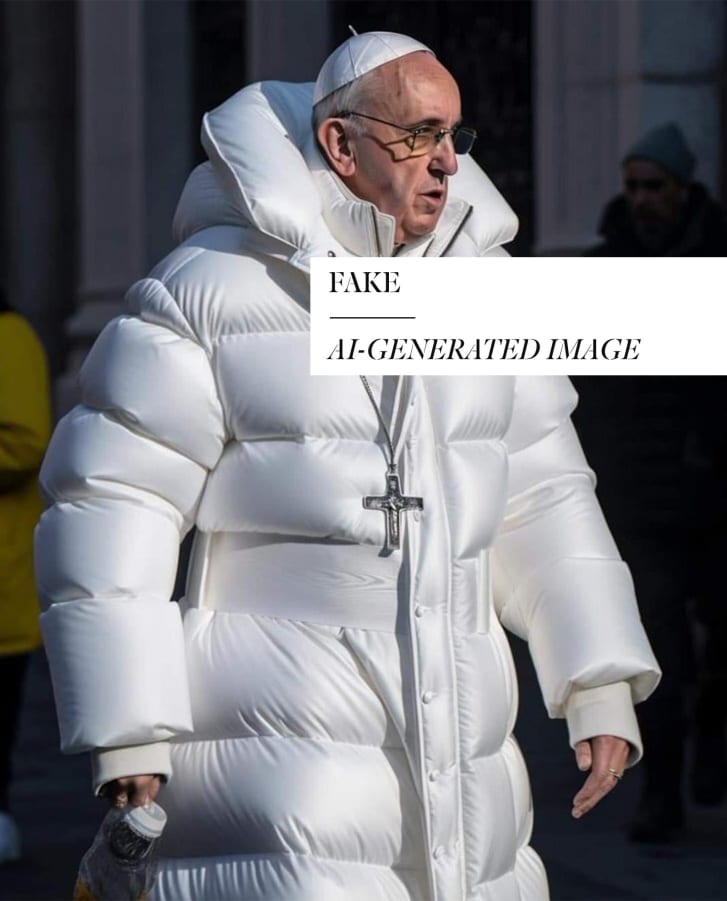
AI (or artificial intelligence) imaging tools are becoming ever more sophisticated. The technology, which generates pictures based on users' text prompts, has been used to design inclusive fashion shows, create entire graphic novels, and even help envision new forms of architecture. But as AI develops and computer-generated "deep fake" imagery grows more convincing, many are concerned about the ethical implications, including the removal of subjects' agency (placing people in fabricated scenarios that may be defamatory or malicious, for example) and whether machine learning technology will one day make fake news indiscernible. Just last week, AI-generated photos of Donald Trump being arrested spread like wildfire after the former president wrote on social media that he was expecting to be indicted in connection with a campaign finance investigation in New York. (Trump, who maintains his innocence, has yet to be charged on any counts.)
Digitally altering someone's outfit could have a lasting reputational damage, too. A doctored 2005 photo that appeared to show Paris Hilton at a nightclub wearing an inflammatory tank top that read "Stop Being Poor" became one of the most recognizable pop culture images of the early aughts. It added to the public perception of Hilton as an out-of-touch heiress. She publicly addressed the fake image in 2021, insisting people shouldn't "believe everything you read." (The vest, a which came from a fashion collection designed by Hilton's sister, Nicky, actually read "Stop Being Desperate.") During a conference at the Vatican on Monday, Pope Francis addressed the emergence of AI technology and urged scientists to consider its human impact (though he did not specifically reference the furor over his own appearance being faked). "I am convinced that the development of artificial intelligence and machine learning has the potential to contribute in a positive way to the future of humanity," Francis said, before adding: "I am certain that this potential will be realized only if there is a constant and consistent commitment on the part of those developing these technologies to act ethically and responsibly."
